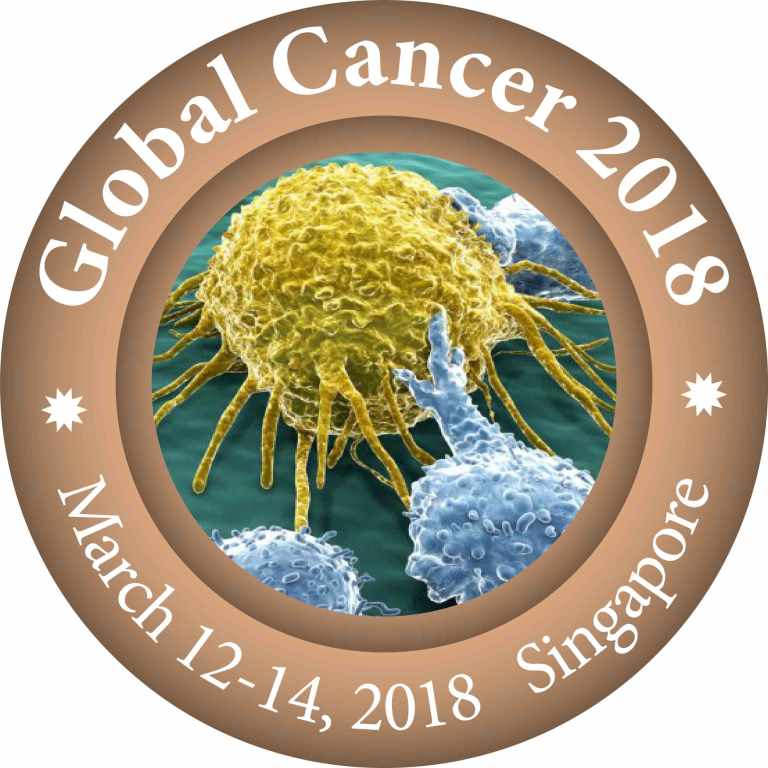
Yonghua Yang
Fudan University School of Pharmacy, China
Title: Pkc-δ phosphorylation of p62 is essential for VPS34-dependent breast cancer progression
Biography
Biography: Yonghua Yang
Abstract
Among autophagy related proteins, two proteins have attracted immense interest. One is the class III phosphoinositide 3-kinase (PI3K) vacuolar protein sorting 34 (VPS34), which forms numerous complexes with the core components p150 (Vps15), Beclin 1 and ATG14L to function in a variety of cellular and physiological events. Another one is the well-known autophagic adaptor protein, sequestosome-1 (SQSTM1, also known as p62 in humans). VPS34 and p62 play important roles separately in vesicle nucleation and autophagy progression. Both of them may also contribute to the development and progression of human cancers. However, the mechanism of VPS34 coordinating p62 in tumorigenesis remains elusive. We found that the expression of VPS34, documented for the phosphorylation of MEK and ERK is strongly correlated with tumorigenic activity of human breast cancer cells. VPS34 augments PKC-δ to p62 for its phosphorylation at Serine 349, leading to transcriptional expression of p62 through its affinity with Keap1 (Kelch-like ECH-associated protein-1) and positive feedback on the Nrf2-dependent transcription of oncogenes. Moreover, ablation of PKC-δ or p62 expression in MCF-7 cells abrogates VPS34-dependent tumor growth. We will present data to show that VPS34 stimulates tumor development mainly through PKC-δ phosphorylation of p62 and all the results suggest that VPS34-p62-PKC δ machinery may be a useful target for cancer therapy.

